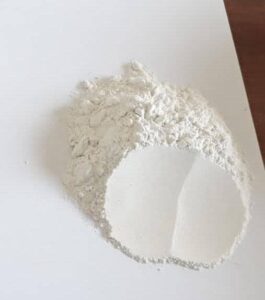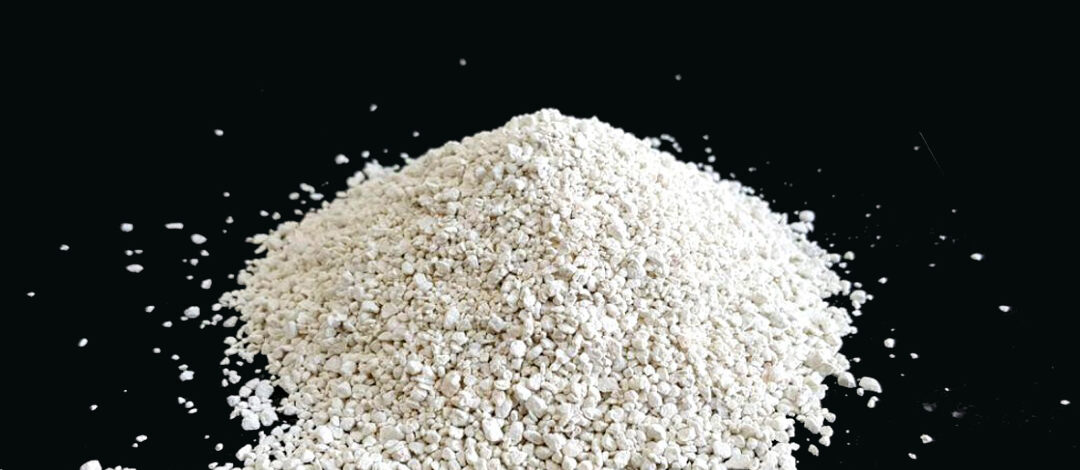Industrial Uses and Market Value
Bentonite white powder is a highly valued industrial mineral known for its fine texture, high absorbency, and binding properties. Widely used in cosmetics, pharmaceuticals, foundry, paper, and civil engineering, its performance varies by grade. Understanding the bentonite white powder grades helps buyers choose the right type for their application while maximizing quality and cost-effectiveness.

What Are the Different Grades of Bentonite White Powder?
Bentonite is primarily classified by its purity, particle size, and mineral composition, especially the percentage of montmorillonite (the active clay mineral). White bentonite is prized for its low iron content and high brightness, making it ideal for industries where color and purity are critical.
1. Pharmaceutical & Cosmetic Grade
This is the highest purity grade, with extremely low levels of heavy metals and iron. It is used in:
-
Face masks and skincare products
-
Pharmaceutical suspensions
-
Detox treatments and supplements
Pharma-grade bentonite white powder undergoes rigorous processing and testing to meet international safety standards like USP or BP. As a result, this is the most expensive grade, but offers unmatched quality and safety.
2. Industrial & Foundry Grade
This grade is used in casting molds, ceramics, paper coating, and adhesives. It has:
-
Moderate brightness
-
High thermal stability
-
Strong binding properties
Foundry-grade white bentonite has a higher iron content than cosmetic-grade but is cost-effective and suitable for various manufacturing applications.
3. Drilling & Construction Grade
Used mainly in oil and water well drilling, piling, and tunneling, this grade offers:
-
Excellent swelling capacity
-
High viscosity
-
Good filtration control
While color is less important in this category, the chemical composition and swelling index determine its suitability for civil engineering projects.
Why Grade Matters in Bentonite White Powder
Product Performance
Each grade impacts how the material behaves in an application. Using cosmetic-grade bentonite in drilling would be wasteful, while industrial-grade may be unsafe for skincare products.
Cost Efficiency
Prices vary significantly by grade. Choosing the correct grade for the intended use avoids unnecessary expenses and ensures product efficiency.
Regulatory Compliance
Industries like food and pharma require strict compliance. Selecting the right grade ensures your product meets legal and health regulations.
Current Market Trends and Pricing
As of 2025, the demand for bentonite white powder continues to grow across Asia, Europe, and the Middle East. Key trends include:
-
Rising demand for cosmetic and pharmaceutical grades due to consumer awareness
-
Competitive pricing for industrial and drilling grades from top exporters like India, Turkey, and China
-
Growing emphasis on eco-friendly, non-toxic clay solutions
Average price range by grade (FOB):
-
Cosmetic/Pharma Grade: $250–$400/MT
-
Industrial Grade: $100–$180/MT
-
Drilling Grade: $80–$150/MT
Choosing the Right Bentonite Supplier
Look for suppliers offering certified grades, technical data sheets, and customizable packaging. Working with experienced exporters helps you access consistent quality and better logistics solutions.
In conclusion, understanding bentonite white powder grades is essential for optimizing product performance, ensuring safety, and managing costs. Whether you’re in cosmetics, construction, or industrial production, choosing the right grade ensures long-term value.
https://iranmineral.net/hematite-price-in-india/

